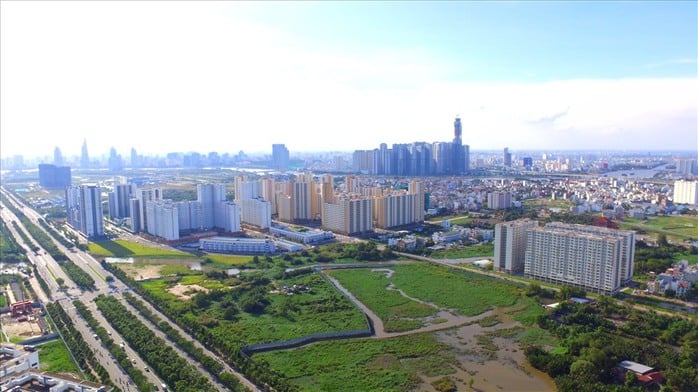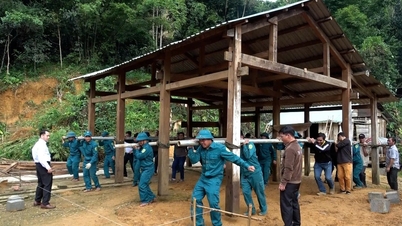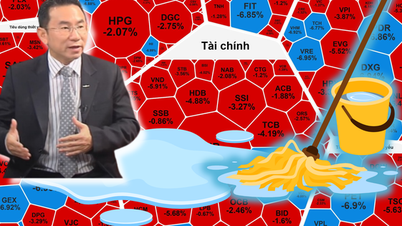The Ministry of Construction is seeking feedback on a draft decree to replace Decree 94/2024/ND-CP on the housing information system and real estate market. A notable point in the draft is that, starting in 2026, individuals will be required to provide information on housing ownership to be integrated into the national database.
According to the draft, both organizations and individuals in Vietnam and abroad must provide data fields including identification information (full name, identification number, legal documents), information on owned housing such as type of house, address, area, quantity, duration and form of ownership, and legal status.
The draft also adds data related to beneficiaries of housing support policies, including identifying information, types of beneficiaries such as social housing, housing for war veterans, housing for poor and near-poor households, etc., the number and duration of benefits.
The Ministry of Construction believes that the new regulations will improve data quality, contribute to market transparency, and support the regulation of supply and demand to meet the legitimate needs of the people.
Many experts believe that the policy of collecting data is necessary to move towards a transparent and healthy real estate market. Building a complete and accurate database will help to publicize information on supply, demand, transactions, and prices, thereby minimizing speculation, price manipulation, creating artificial bubbles, and limiting the risk of market freeze.
One expert commented: "If there is complete data, the risk of people buying real estate with unclear or disputed legal status will be significantly reduced. The government will also have an easier time managing taxes, combating money laundering, and controlling investment flows."

Should national data be based on land plots instead of houses?
However, Dr. Pham Viet Thuan, Director of the Institute of Resource and Environmental Economics in Ho Chi Minh City, believes that requiring the declaration of housing data as proposed in the draft is "not feasible from a state management perspective."
He argued that currently, land statistics and management are carried out based on land parcels and map sheets, spearheaded by the Ministry of Agriculture and Environment, in coordination with the Ministry of Public Security in data cleaning. "The fundamental goal of land management is to manage data from land parcels, sheet numbers, and parcel numbers, not from the houses on the land," he said.
According to Dr. Thuan, compiling housing data is impossible because Vietnam has dozens of types of houses with different legal statuses: temporary houses, unlicensed houses, houses built without permits, houses with or without land titles, disputed houses, ownerless houses, etc. Building a population database based on housing would lead to duplication, inaccuracy, and overlap between agencies.
He proposed that population data should be centralized under one authority, the Ministry of Agriculture and Environment – which is currently managing unified land data. "The Ministry of Construction should prioritize perfecting the construction permit process and guiding housing registration on a digital platform linked to plot data, instead of conducting house surveys," he suggested.
According to him, the State is in the process of cleaning up national and population data, using land parcels as the basis. Therefore, it is advisable to avoid dispersing data across multiple agencies, and only after the land data is complete should related housing-related content be implemented synchronously, which would be more logical.
Source: https://nld.com.vn/vi-sao-yeu-cau-nguoi-dan-cung-cap-thong-tin-so-huu-nha-o-196251026155214895.htm







































![[Photo] Prime Minister Pham Minh Chinh holds a phone call with the CEO of Russia's Rosatom Corporation.](/_next/image?url=https%3A%2F%2Fvphoto.vietnam.vn%2Fthumb%2F1200x675%2Fvietnam%2Fresource%2FIMAGE%2F2025%2F12%2F11%2F1765464552365_dsc-5295-jpg.webp&w=3840&q=75)










































































Comment (0)